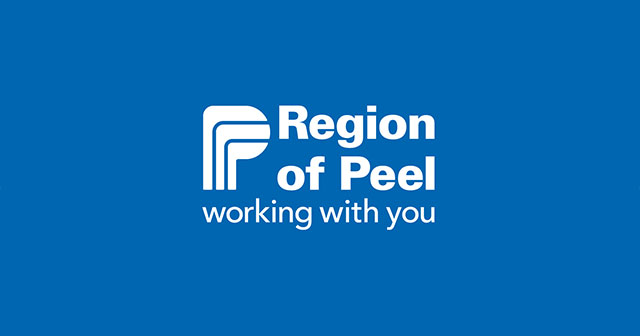The lack of alternative transportation is a big issue for seniors. Once you rightfully take away their car and license you're essentially sentencing them to a prolonged death on the couch.
Back in my 20s when we bought this house in Cabbagetown my wife and I said that this will be a good place to grow old in, since when we can no longer drive we'll have easy walkable access to the streetcars, buses and subway, and many of the country's top hospitals are just down the road on University. Now that we're in our 50s and we're envisioning retirement in a decade or so, we're definitely going to drop down to one car, and then as we age, likely none.





